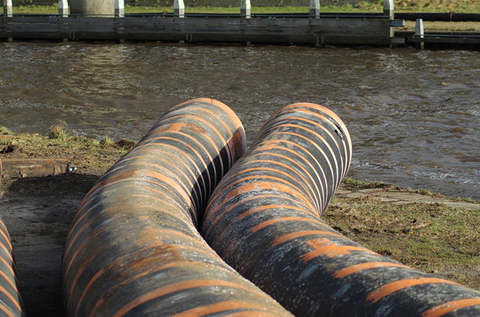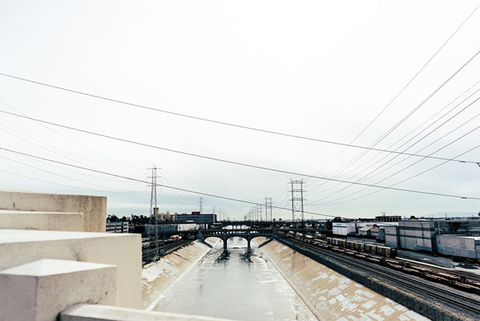Wastewater Treatment Guidance and Regulations
Domestic waste water is generally made up from kitchen, bathroom and toilet waste, without proper regulation and treatment this waste water has the potential to do huge damage to the environment. Potential damage could include chronic ecosystem damage as a result of oxygen depletion in the existing water that it is disposed in or extensive ecosystem damage caused by an influx of nutrients into an already stable habitat. The water will also contain a percentage of solid matter that could have the potential to smother a riverbed or be ingested by the local wildlife. There is also multiple health risk associated with coming into contact with untreated water; water borne pathogens will remain present in the discharge and will pose a real risk to those that come into contact with the affected water.

Legislation for the standard of wastewater treatment is documented in the EC Urban Waste Water Treatment Directive, this details the minimum standards required and is currently still applicable to the UK. This directive was first adopted on 21 May 1991 to protect the water environment from the adverse effects of discharges of urban waste water and from certain industrial discharges. It has been subject to a number of amendments since that date but remains the overall policy document with regards to waste water treatment.
UK regulation also states that you will require a permit for the discharging wastewater in either of the following ways.
- into surface waters, for example, rivers, streams, estuaries, lakes, canals or coastal waters (known as water discharge activities)
- onto or into the ground, for example, land spreading waste sheep dip, or discharging treated sewage effluent to ground via an infiltration system (known as groundwater activities)
Permits can be obtained from the environment agency and do not apply to rainwater collected and discharged directly. If you are in any doubt about whether you require a permit or not you should contact the environment agency, you will be breaking the law should you discharge waste water without one.

If you are not connected to mains waste water disposal such as a sewage network you will likely have a septic tank or small sewage treatment plant in some form or other. In this instance the government sets out general binding rules which must be adhered to; these are that the sewage must be:
- be domestic in nature, eg from a toilet, bathroom, shower or kitchen of a house, flat or business (eg a pub, hotel or office) - contact the Environment Agency if you’re not sure if the sewage is domestic in nature
- not cause pollution - find out how to check for pollution
The permitting around septic tanks and small sewage treatment plants varies depending on how much wastewater you are processing and discharging and of course how you are discharging. It is imperative that you contact the environment agency to see which of these permits you will require.
With a wide range of septic tanks available it’s well worth doing some research before purchasing one. A recent innovation has been the one2clean treatment system. This is a single chamber tank which limits the amount of components and the amount of parts that require servicing or have the potential to go wrong. Whilst still fairly new to the market these are already proving to be a popular choice.